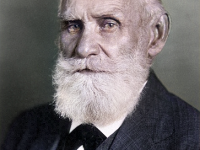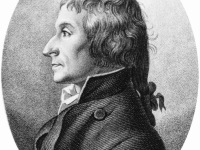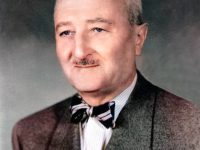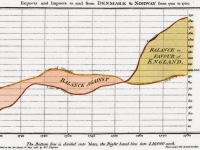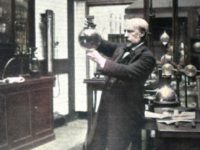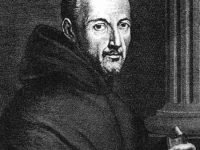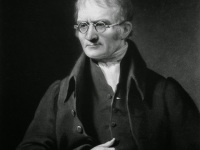Seymour Cray – the Father of Supercomputing
On September 28, 1925, American electrical engineer and supercomputer architect Seymour Roger Cray was born. He designed a series of computers that were the fastest in the world for decades, and founded Cray Research which built many of these machines. Called “the father of supercomputing,” Cray has been credited with creating the supercomputer industry. “One of my guiding principles is don’t do anything that other people are doing. Always do something a little…
Read more


